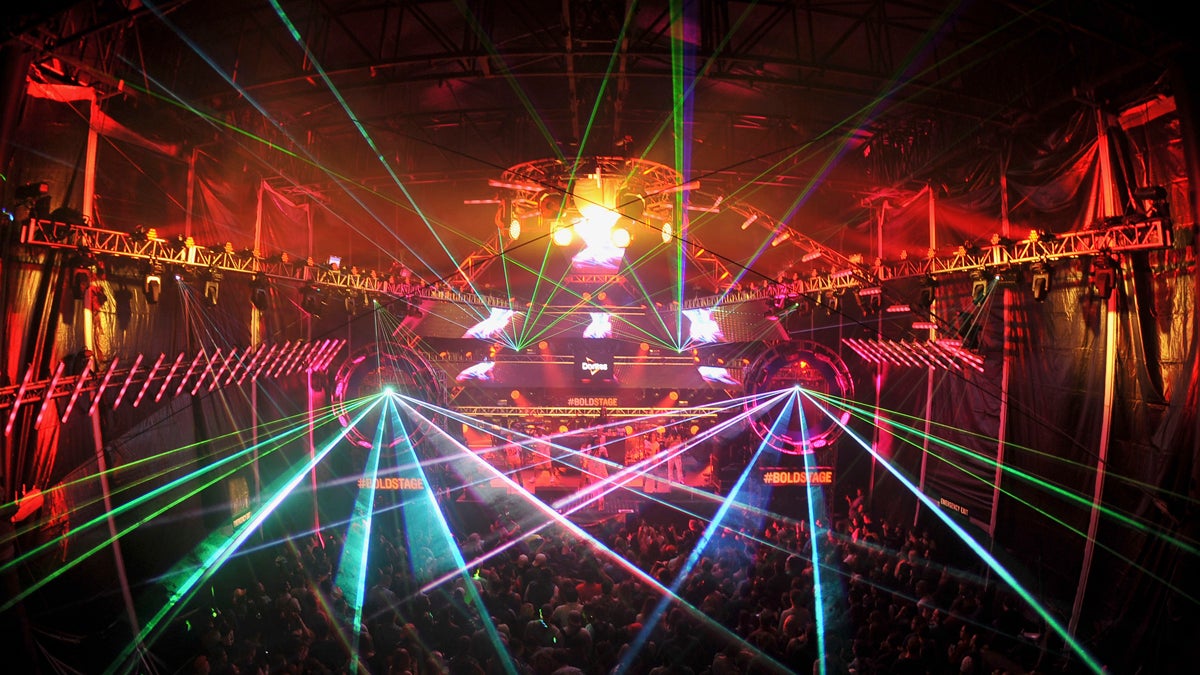U.S. club drug law could put ravers at risk, says University of Delaware researcher

(Photo by Darren Abate/Invision for Frito-Lay/AP Images)
It’s been more than a decade since a federal law made venue owners criminally responsible when patrons use illegal club drugs. But after years of fieldwork, attending raves in Philadelphia and elsewhere, University of Delaware sociologist Tammy Anderson is convinced the drug law is a bad idea.
She says the Illicit Drug Anti-Proliferation Act, known more commonly as the RAVE Act, has made club promoters wary of providing amenities such as free water and chill rooms, which can help counteract the danger of heat exhaustion brought on by taking MDMA drugs such as ecstasy and “molly.”
“If you provide medical services you’re protecting them against the complications they might run into,” Anderson said. “But on the other hand you’re signaling to the Feds that, ‘Hey, we know drug use is happening here; it’s OK with us; we’re going to accommodate any complications.’ So it’s really a Catch-22.”
In Anderson’s upcoming article in the American Sociological Asociation’s magazine, Contexts, she recalls seeing a young woman at a nightclub repeatedly vomiting and in need of medical attention. After alerting a security guard, Anderson witnessed people picking up the womanand dumping her outside out of concern for liability.
Anderson acknowledges the RAVE Act did reduce club drug use since it was enacted in 2003. In Philadelphia alone two rave clubs were closed down by law enforcement. But the rave scene has since morphed from the underground, overnight parties in the 1990s to days long electronic dance music, or EDM, festivals. And she is concerned that the number of related health complications is rising.
“I really think there ought to be cooperative relationships rather than antagonistic ones between the people who hold these events, local medical facilities, and local law enforcement,” she said.
MDMA is a synthetic stimulant and hallucinogen. Far fewer people die from its use than heroin or cocaine, but deaths do occur. Just last summer two people died at the Electric Zoo music fest in New York after taking the drug.
WHYY is your source for fact-based, in-depth journalism and information. As a nonprofit organization, we rely on financial support from readers like you. Please give today.

